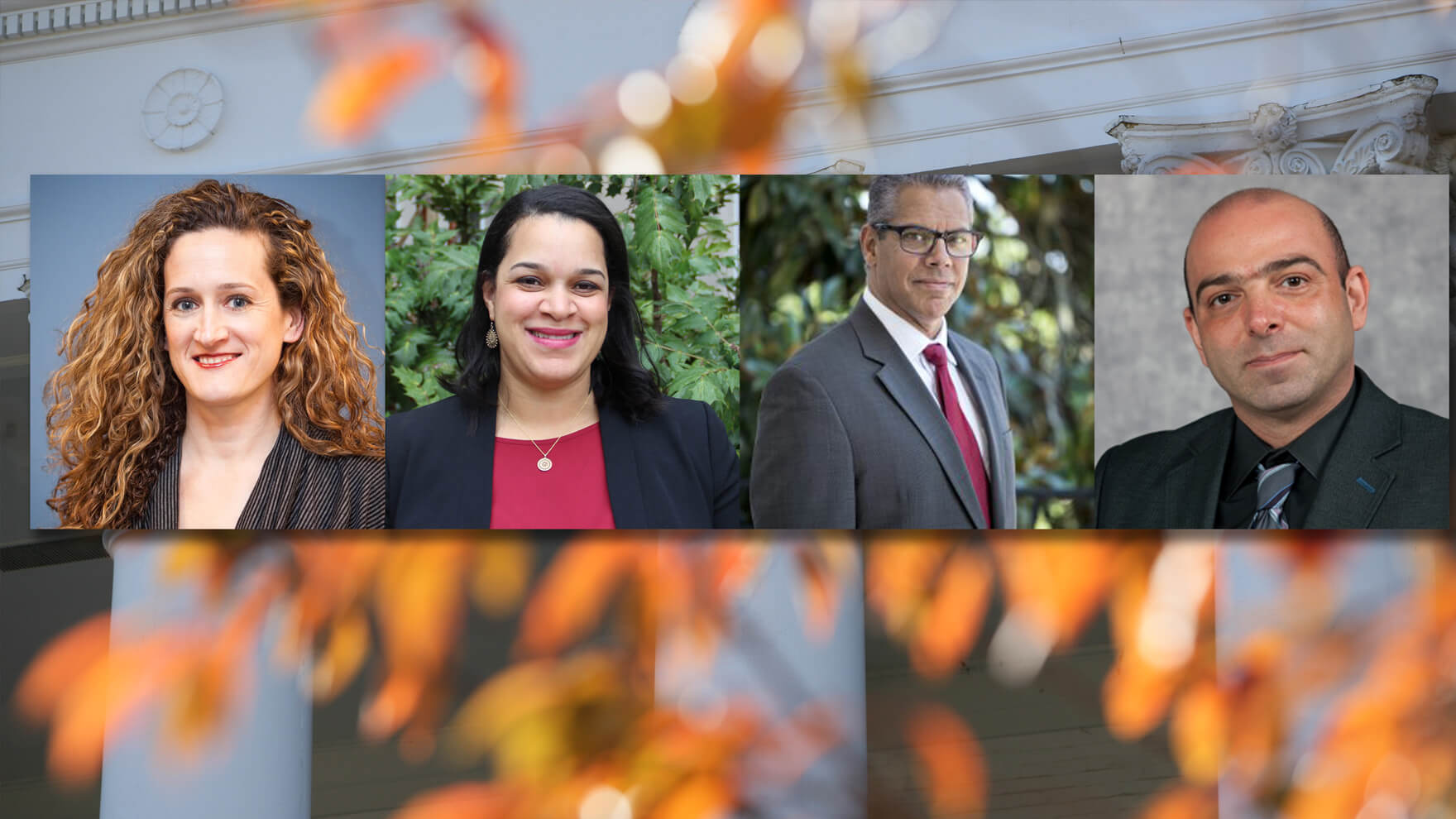Alana Hackshaw, PhD, is a clinical professor and serves as the School's Chief Access and Success Officer. She also serves as the program director for the Thurgood Marshall Fellows Program in the Institute for Public Leadership. Her courses focus on governance, social identity and the creation of public policy and leadership. Hackshaw’s professional experiences include work as a researcher and a consultant in the nonprofit community. Her work concentrated on analyzing policies that foster economic security, asset-building and entrepreneurship within the Black diaspora in the US.
Hackshaw holds a doctorate in political science from the University of Michigan and a BA in political science and history from the University of Rochester. Her research interests include the impact of racial equity plans on city governance, patterns of political incorporation among first and second-generation Black immigrants in the US and the impact of US immigration policy on immigrants of color in the US.
Examination of societal responses to public problems, including actions by government, non-profit and private sector actors, as well as civil society. Students will examine the roles of these various actors, as well as the nature of civic responsibility. The course will examine the various stages of the policy process, asking the following questions: How does something get defined as a problem that requires a public policy response? How do we think about what the options are for this response, and how do we choose among them? What are the factors that contribute to successful policy implementation? How do we evaluate the success of public policies? These questions will be addressed using examples of current public policy problems, and students will be expected to engage in individual and collaborative work to design responses to those problems. Restricted to students in a major in PLCY.
Schedule of Classes
Understanding pluralism and how groups and individuals coexist in society is an essential part of the public policy process. This course will examine the ways in which the diverse experiences of race, gender, ethnicity, class, orientation, identity, and religion impact the understanding of and equitable delivery of public policy. The examination of how identity development shapes our understanding of society and influences the decision-making process is central to students’ shaping policy that is truly for the people. This course will equip students with the skills needed to analyze pluralism and draw conclusions about the application of various theories to public policy issues.
Schedule of Classes




